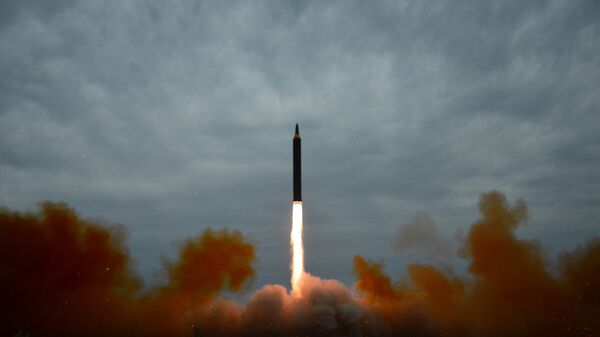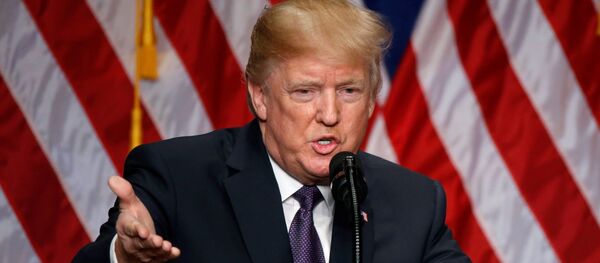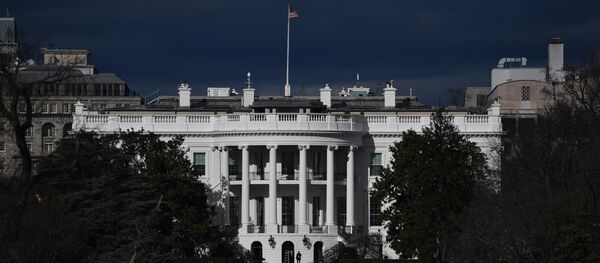On Monday, US President Donald Trump sent his first National Security Strategy report to lawmakers. The 56-page unclassified strategy document states that Pyongyang is "pursuing chemical and biological weapons which could also be delivered by missile."
On Tuesday, Bloomberg reported that South Korean intelligence officials have warned North Korea is working on a program to prevent anthrax from disintegrating at the kinds of high temperatures that would be experienced during an ICBM's re-entry of Earth's atmosphere from space.
Within 48 hours of Trump's speech, the Institute of American Studies, an affiliate of the North Korean Foreign Ministry, told the Korea Central News Agency, "the DPRK [Democratic People's Republic of Korea], as a state party to the Biological Weapons Convention, maintains its consistent stand to oppose development, manufacture, stockpiling and possession of biological weapons."
"The more the US clings to the anti-DPRK stifling move," the institute was quoted as saying, "the more hardened the determination of our entire military personnel and people to take revenge will be."
The 1972 Biological Weapons Convention (BWC) was the first disarmament treaty prohibiting the "development, production and stockpiling of an entire category of weapons of mass destruction," according to the United Nations. North Korea became a signatory in 1987.
A fact sheet on the treaty compiled by the Arms Control Association notes, however, that the BWC "does not ban the use of biological and toxin weapons but reaffirms the 1925 Geneva Protocol, which prohibits such use. It also does not ban biodefense programs."
During a public presentation of his national security strategy, Trump remarked that North Korea's continued nuclear weapon and ballistic missile development "should have been taken care of long before I got into office, when it was much easier to handle. But it will be taken care of. We have no choice."
"North Korea — a country that starves its own people — has spent hundreds of millions of dollars on nuclear, chemical and biological weapons that could threaten our homeland," the strategy document says.
Pyongyang has long said that its weapons development programs are intended to provide defensive and deterrent capabilities. Following the notion that "biodefense programs" aren't prohibited by the treaty cited by KCNA, it is possible that both Pyongyang's Institute of American Studies' assertion — that its activities are consistent with the treaty — and the South Korean reports of testing anthrax weapons for ICBMs are both true.
The US previously alleged in 2001 that North Korea was violating the BWC. South Korean officials have estimated that North Korea has between 2,500 and 5,000 tons of chemical weapons, Bloomberg noted.
The Korea Institute for Defense Analyses, a South Korean government organization in Seoul, reported in 2016 that Pyongyang has 13 substances that can be used for biological or chemical weapons, including anthrax and clostridium botulinum, the bacteria that causes botulism.





